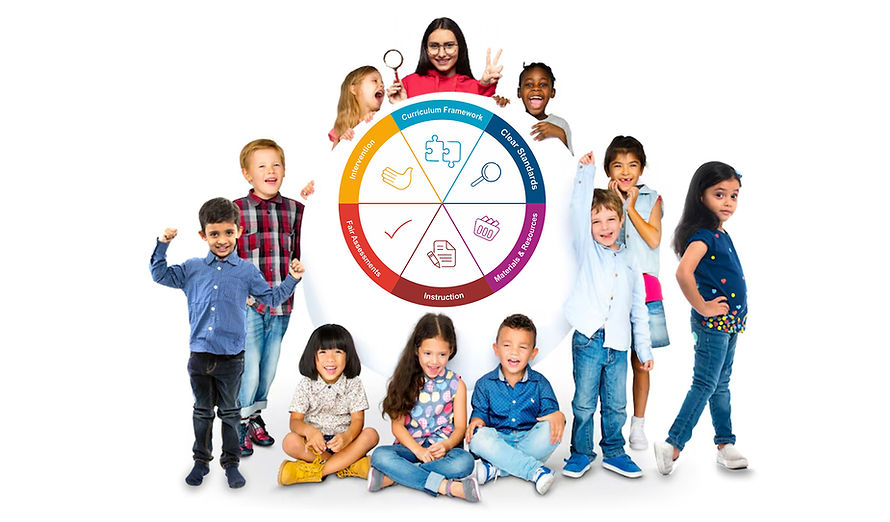

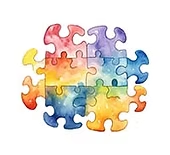
Building Bridges: 
An Integrated Curriculum for Schools in India
Our integrated curriculum for schools steps away from isolated subjects to create a tapestry of learning where knowledge connects. With careful planning and a strong framework, our transdisciplinary learning approach ensures a successful experience, fostering the holistic student development that is central to our mission.









Our NEP 2020 Curriculum Framework
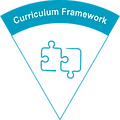
The NatureNurture Learning Programme is built on a foundation that strongly adheres to the guidelines of the National Curriculum Framework (NCF) and the NEP 2020 curriculum. Our framework details the big ideas, essential questions, and core competencies that define the learning standards for holistic student development.
Comprehensive Materials & Resources
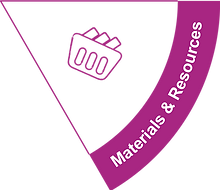
Once learning outcomes are defined, we provide materials and resources planned with meticulous precision. Our hands-on learning solutions include books, software, and educational aids, but go further with a plethora of activities designed to engage learners in critical thinking.
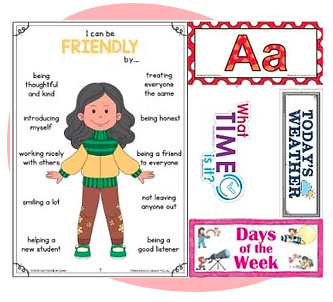

- Parenting Sessions & Annual Planners
- Teacher Trainings & Weekly Schedule Mapping
- Educator Reference & Instructional Plans
Inspired by Global Pedagogies: Over 85+ proven theories and methodologies inspire our program. A few include:
- Backward Design (Wiggins & McTighe)
- Experiential Learning (Kolb)
- Multiple Intelligences (Gardner)
- Universal Design for Learning (Macet)
Fair and Systematic Assessments
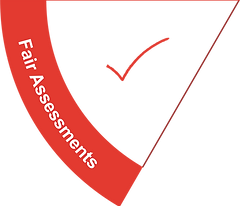
No curriculum is complete without systematic assessment. Therefore, our program includes a structured plan to assess all aspects of the curriculum. We first evaluate the school system’s readiness, followed by the teaching-learning process in the classroom to ensure flawless implementation.
Recognizing the important role parents play, their cooperation is also part of our assessment framework. Ultimately, the learner’s progress is evaluated through a multi-faceted approach that includes assessment as, for, and of learning.
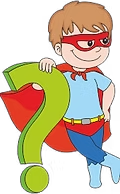
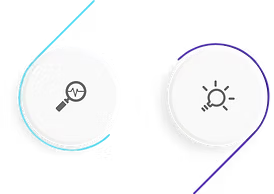
- Diagnostic
- Remedial

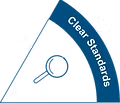
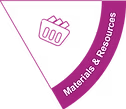
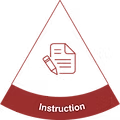
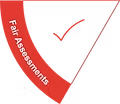
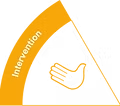
Our framework is fully compliant and adaptable, aligning with:
- NCF 2023 & NEP 2020 mandates.
- All major school boards (IB, ICSE, CBSE, CISCE).
Clear Standards for Measurable Growth
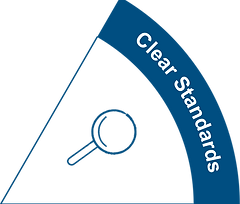
Learning standards provide the framework for success. NatureNurture’s Learning Outcomes are based on NCF and NEP 2020 guidelines, strategically identified to meet both Indian demographic needs and the global requirements for future-ready learners.
This framework is dynamic. The Learning Outcomes are revised regularly to factor in evolving pedagogies and the changing needs of learners, ensuring our integrated curriculum for schools remains cutting-edge.
Our resources are extensive and part of a complete K-12 learning ecosystem:
- Mobile Innovation Labs
- Learning Resources for Learners
- HOL (Hands-On Learning) Toolkits
- Makerspace solutions
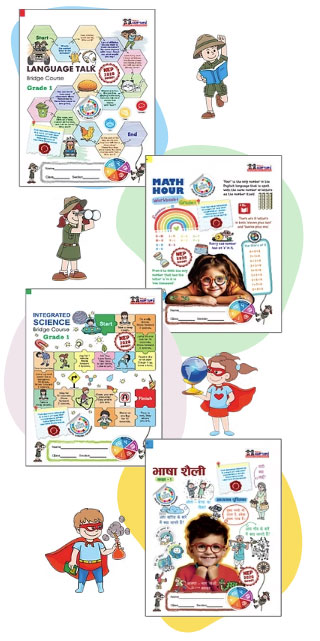
Empowering Educators with Clear Instructions

Even with the best resources, learning requires expertly planned instructions. Our lesson plans incorporate a mix of acclaimed global pedagogies, adapted for both physical and virtual classrooms. Educators receive continuous training to ensure learners are always engaged in concrete, hands-on learning and discovery.
Our lesson plans, based on virtual learning cycles, empower educators to build on prior knowledge. In our classrooms, teachers ask open-ended questions that encourage students to think, question, and explore, developing the creativity and problem-solving skills essential for their future.
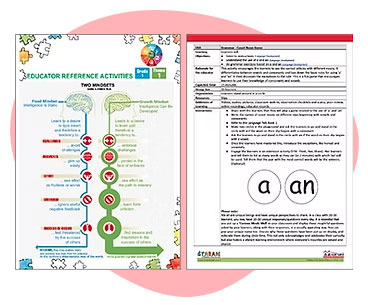
Our assessment tools include:
- Online Quizzes
- Hands-On Learning Assessments
- Theme Assemblies
- Educator’s Records
- Progress and Performance Profiles

Diagnostic Intervention and Support
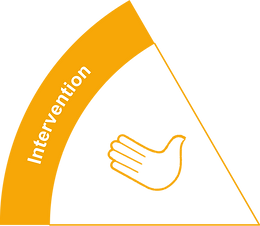
A NatureNurture Practitioner assesses each child’s unique abilities, interests, and achievements, using our clear standards as a guide. Diagnostic and remedial interventions are part of our everyday practice, allowing educators to revise activities and adjust lesson plans to accommodate individual differences so every child can master skills at their own pace.
Real Results with Our Integrated Curriculum
NatureNurture has been an invaluable partner in our journey towards NEP 2020 compliance. Their integrated curriculum and hands-on approach have truly transformed our classrooms and improved student engagement.
Principal
Public School, Hyderabad
The partnership with NatureNurture was instrumental in shifting our pedagogical approach. Our students are now more engaged and curious, and our teachers are equipped with the tools to foster 21st-century skills.
Director
School, Ferozepur
Bring Our Integrated Curriculum to Your School
Let our experts show you how our transdisciplinary learning approach can be tailored to meet your school’s unique needs and align with the NEP 2020 curriculum. Schedule a free consultation to see the program in action.
Frequently Asked Questions
Our foundation is built upon the guidelines set by the National Curriculum Framework (NCF) and is fully compliant with the NEP 2020. Our framework details the big ideas, essential questions, and core competencies that define the learning standards mandated by the policy
Our learning outcomes go far beyond traditional subjects. We encompass and incorporate domains like health and wellness, scientific thinking, creative expression, and socio-emotional development to ensure the holistic student development of every learner
Yes. From curriculum design and hands-on resources to fair assessments and continuous teacher professional development, we provide a complete and cohesive K-12 learning ecosystem. Our solutions support students, teachers, and school administration at every level.
Absolutely. Our custom learning solutions for schools are designed to be flexible. We work closely with educators to align the curriculum with the specific requirements of all major boards in India, including CBSE, ICSE, and IB.
©2025 NatureNurture


